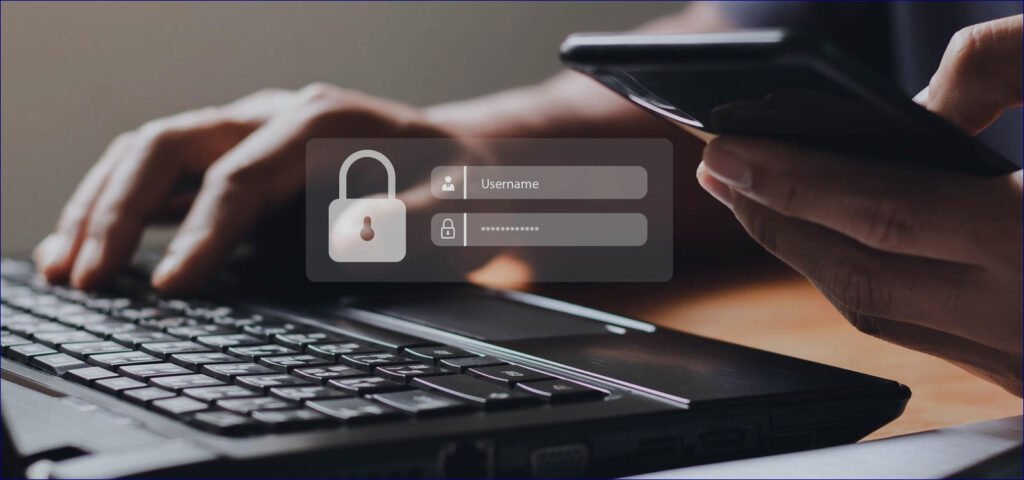As the gears of modern enterprises churn ever faster, there emerges a troubling paradox: the quest for unfettered productivity is leading employees to sidestep crucial cybersecurity protocols. A revealing study by CyberArk underscores this dilemma, indicating a staggering 65% of office-bound workers readily admit to flouting company security policies under the guise of expediency. This begs a pressing question for organizations racing through today’s digital landscape: How to strike a delicate balance between stringent compliance and seamless workflow?
The Fragile Facade of Cyber Defense
Contemporary corporations arm themselves with an arsenal of cybersecurity measures—multi-factor authentication, real-time threat detection, and much more. Yet, the human element—employees who recycle passwords, share access credentials, and log into work applications on unsecured personal devices—creates chinks in this armor that no sophisticated system can completely safeguard against.
To illustrate the gravity of this issue, let’s delve deeper into the salient findings from the CyberArk survey:
- Password Reuse: Nearly half, at 49%, admit to using identical login details across multiple work platforms, while 36% brazenly mix their personal and professional credentials.
- Password Sharing: A dicey 30% confess to swapping their workplace passwords, thereby obliterating the intended safety net of unique credentials or multi-factor defenses.
- Device Security Gaps: One-third of employees (36%) procrastinate in patching security vulnerabilities on personal devices used for work—potentially exposing sensitive applications to the wolves.
- AI Risks: With the ascendancy of AI tools in daily tasks, 72% of respondents report utilizing these technologies, but a startling 38% either ignore company guidelines for sensitive data management or indicate that no such policies are in place, thus leaving valuable information perilously exposed.
- Personal Devices: An overwhelming 80% access workplace applications via personal gadgets, which often lack robust security features.
- Sharing Confidential Data: Alarmingly, 52% admit to disclosing sensitive workplace information to outside parties, exponentially increasing the risk of data breaches.
Peeling Back the Layers of Cybersecurity Evasion
The reasons behind this flagrant disregard for cybersecurity are both glaring and insidious. In a world where workloads multiply and deadlines loom, the urgency of the now frequently eclipses security concerns, relegating them to the background noise of daily responsibilities. Let’s dissect some of the root causes:
- Convenience vs. Security: Many employees perceive security measures as obstructions. Lengthy password protocols and multi-step logins can masquerade as productivity roadblocks.
- Pressure to Deliver: In fast-paced work environments, the imperative to meet deadlines often overshadows adherence to security guidelines. Employees may view shortcuts as necessary evils.
- Lack of Awareness: A significant portion of the workforce remains uninformed about the repercussions of their actions. Without adequate training, they often fail to connect the dots between their behavior and the potential for a cybersecurity breach.
The adage “a chain is only as strong as its weakest link” holds particularly true in the realm of cybersecurity. No matter how robust the technological safeguards may be, a single overlooked password, an unpatched device, or a case of carelessness through a phishing scheme can dismantle it all.
In navigating this treacherous terrain, organizations must concede a profound truth: employees represent both invaluable assets and considerable vulnerabilities. In an ever-evolving threat landscape, maintaining effective cybersecurity transcends mere acquisition of top-notch solutions. It necessitates cultivating an organizational culture where every individual comprehends their role in safeguarding the digital ecosystem. Herein lies the real challenge—the human factor continues to be both the greatest dilemma and the most formidable ally in the fight for cybersecurity.

